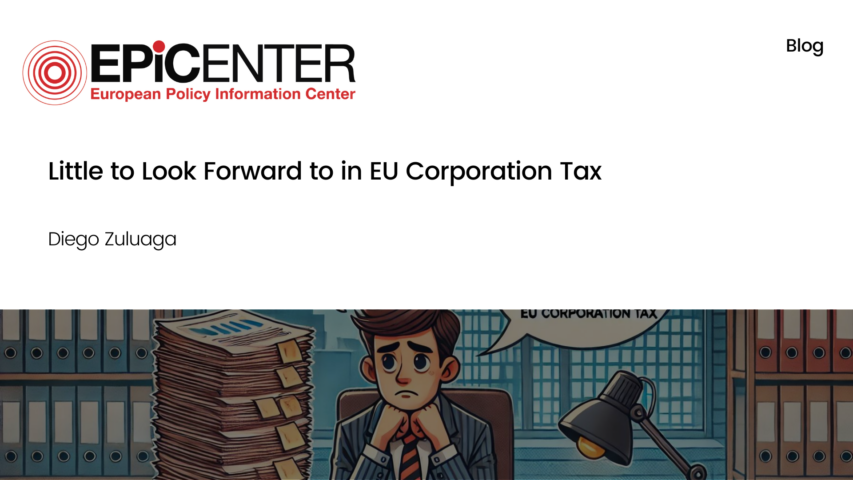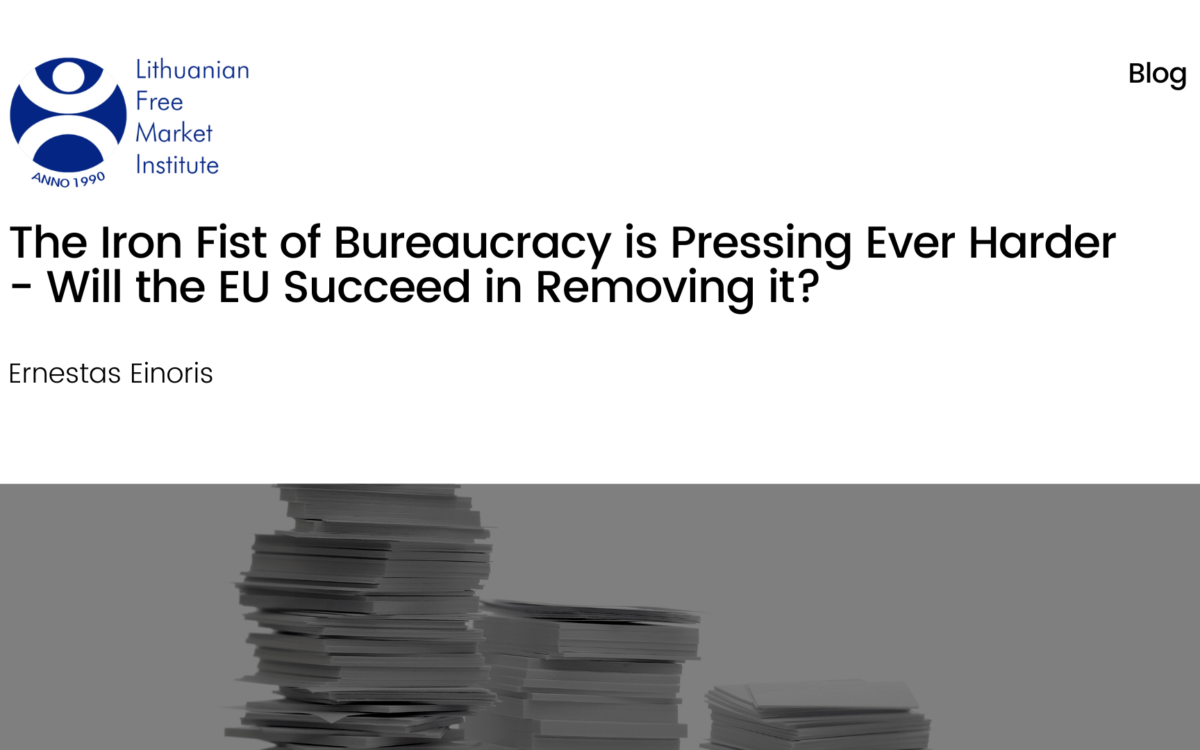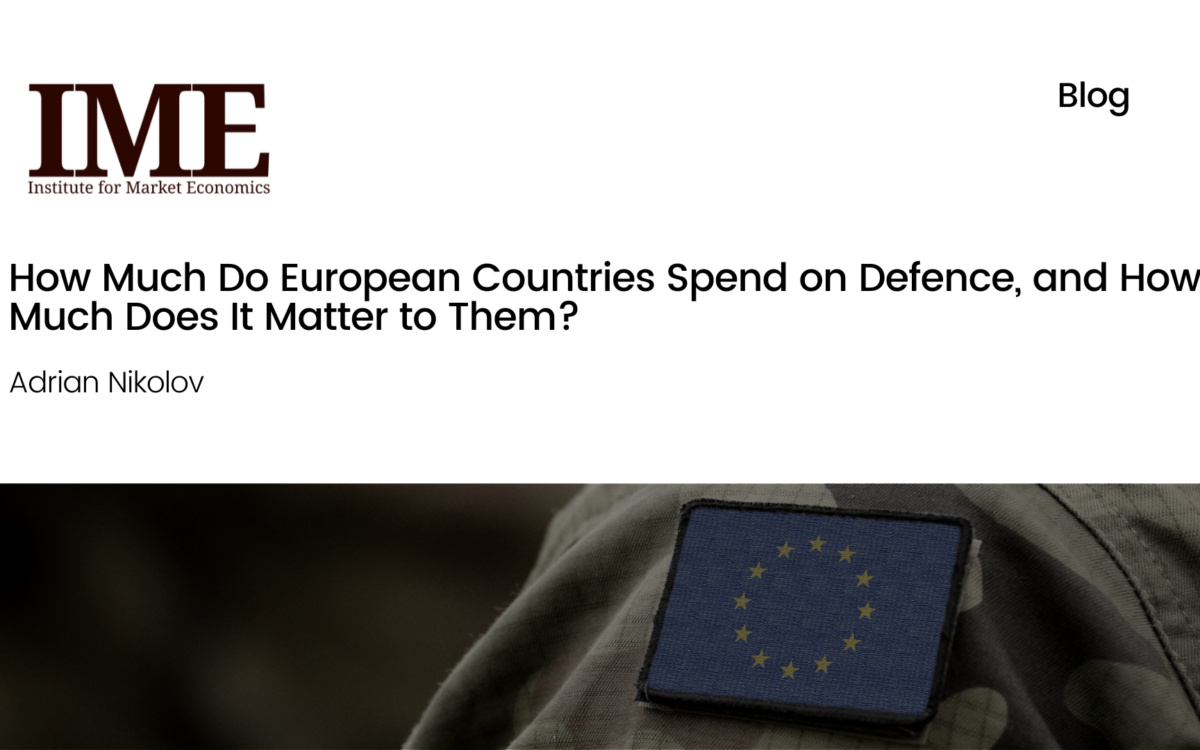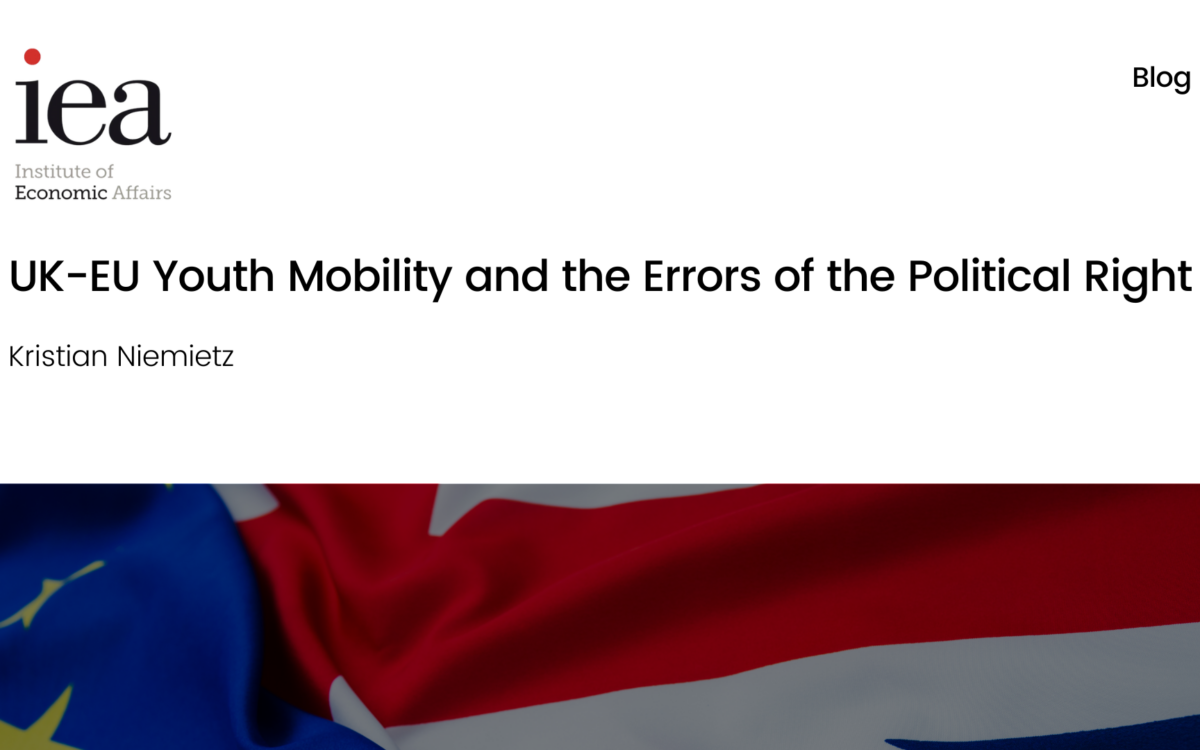Little to Look Forward to in EU Corporation Tax

Little to Look Forward to in EU Corporation Tax
Diego Zuluaga // 22.10.2015
We found out yesterday that, according to the European Commission, the tax rulings entered into by Starbucks and Fiat with the Netherlands and Luxembourg, respectively, contravene EU state aid rules. As a reminder, tax rulings are clarifications issued by Member States to multinational enterprises outlining the rate at which their profits will be taxed, and how the relevant tax base will be calculated. In a world where tax codes are riddled with loopholes and typically run into the thousands of pages, it should not come as a surprise that corporations would seek guidance on their potential tax liabilities prior to setting up shop in a country – and that governments would be eager to reassure investors.
However, the very complexity of individual tax rulings led the Commission to suspect that they might be used by governments to give an unfair advantage to certain companies, by selectively reducing their effective tax rate and/ or the base to which it was applied. This would hinder competition in the Single Market and therefore contravene EU rules. Yesterday’s decision followed that reasoning.
But it shouldn’t be assumed that the Commission’s decision reflects a broad legal consensus. Even some of the EC’s own tax advisors, such as Richard Lyal, have questioned the appropriateness of using state aid rules to address alleged profit-shifting by multinationals and the use of international mismatches. Alfonso Lamadrid from Garrigues wonders whether the Commission might not have diverged from standard practice by comparing the tax rulings at issue with a theoretical ideal that has little to do with economic reality, in order to prove selectivity. And in an EPICENTER paper, Massimiliano Trovato explained why the criteria for transfer pricing and intra-firm arrangements are subjective enough to throw into question the Commission’s verdict.
The issue is not whether tax policy falls within the Commission’s state aid remit. It does and there is precedent of corporation and other taxes being judged by EU authorities to give favourable treatment to particular undertakings. The problem is that the present case involved not so much selective treatment of individual businesses – it seems that any company in similar circumstances would have received similar treatment – but rather that tax rulings enabled the relevant firms to arrange their transnational tax affairs in a way that – according to the Commission – gave them an unjustified competitive advantage. Indeed, the Commission’s statement focuses almost exclusively on the international implications for Fiat and Starbucks of their tax rulings.
In other words, the state aid violation according to the Commission is rooted not in the fact that tax rulings in the relevant jurisdiction gave the firms a selective advantage over other undertakings in the same jurisdiction and in similar circumstances. Rather, to the extent there was an unjustified advantage, it came from the firms’ resulting arrangements in Europe as a whole – i.e. their tax rulings enabled them to arrange their European tax affairs in such a way as to give them a competitive edge. In that case, can one say that the selectivity criterion – intended for similar firms operating in the same country – was met? Are state aid rules the right way to address perceived “aggressive avoidance” of corporation tax by multinational firms? Rather than a breach of EU competition rules, could this be seen as an instance of tax competition at work, albeit in the context of a hugely complex and inefficient international corporation tax system?
It seems most likely that a series of appeals from the Member States and the undertakings in question will ensue. But even though the case is by no means closed, there is now enormous uncertainty as to its wider implications. Will the Commission insist on reviewing any and all tax rulings in the EU, including those entered into by sub-national authorities? How much could recovery amounts reach in the pending cases? Are tax rulings now a feasible policy by Member State governments, given the many questions surrounding their legality and given the subjectivity of the whole process?
At any rate, the decision adds to an ongoing and worrying trend towards the centralisation of tax policy at EU level. It comes in the wake of the EC’s decision to re-launch the CCCTB (more on that here and here) and calls by both national governments and top EU officials for more “coordinated” actions in the tax arena, as part of wider Eurozone reforms. Of course, this trend is not limited to our continent, with the OECD spearheading international efforts to limit tax competition across jurisdictions (despite its many benefits). Actions in this direction – at least the ones suggested by officials – would make the EU tax system more complex, more arbitrary and less competitive. All in all, there is little reason to look forward to changes in EU corporation tax.
EPICENTER publications and contributions from our member think tanks are designed to promote the discussion of economic issues and the role of markets in solving economic and social problems. As with all EPICENTER publications, the views expressed here are those of the author and not EPICENTER or its member think tanks (which have no corporate view).



